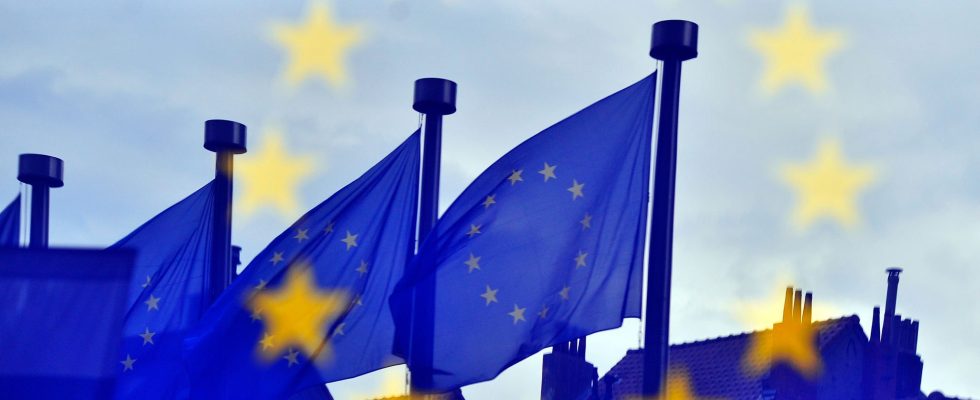The European Commission confirmed on July 14 that Fiona Scott Morton, a former American lobbyist, would be appointed Chief Economist of the Directorate General for Competition. The chief economist’s team was created in the early 2000s after the European judge overturned three decisions by Mario Monti in the field of mergers. It gives an economic opinion on the most sensitive cases. It is therefore at the heart of the decision-making system. This nomination aroused strong opposition. Extremely rare, four leading groups in Parliament – which has no competence in competition matters – spoke out against this appointment. France has asked the Commission to give up. As often in terms of competition, Paris lost this fight. However, as rarely, the French authorities were completely right.
It’s not about Fiona Scott Morton’s skills. The question is: should an American be given a key position in the Commission’s most powerful DG? Would a German or a Frenchman be entrusted with the management of the American tax authorities? Many have insisted on the contradiction of putting at the heart of the European system a person who has advised several of the major American digital companies, which the EU, rightly or wrongly, is fighting. The main thing is elsewhere.
First, this appointment will weaken the competition DG, already battered by the offensive launched a few months ago to dismantle the control of state aid. Here, the attack is more sneaky. It touches on one of the deep misunderstandings that surround the very nature of DG Competition, which is believed in Paris to be an administrative body, which is expected to play politics. Rather, it is a court of first instance, of which the burden of proof and respect for the law are the pillars. However, it is an essential adage since the British judgment The King vs Sussex Justice of 1923, taken up under the title of the fair trial which appears in article 6 of the ECHR – and which therefore applies to EU law – according to which justice must not only be impartial in fact: it must also be so in appearance. Put more simply: the decisions which will involve the service placed under the authority of Ms. Morton – the most sensitive – will be struck with suspicion and legally weakened.
At the heart of European business secrets
Then, when Europe is beginning to perceive the harshness of the economic opposition it faces, is it reasonable to place a non-European at the heart of DG Competition? Doesn’t Europe have enough talent? There is worse. Those who made this appointment pretend not to know this essential reality: DG Competition, thanks to its powerful investigative resources, is a place that concentrates a quantity of economic intelligence that is perhaps unique in Europe. Do we really want to take the risk that European business secrets are known to geostrategic allies who nonetheless often remain economic competitors?
Finally, and this is undoubtedly the most serious: such an appointment fuels the ever-present suspicion of a Europe under American tutelage. Because the coincidence is more than unfortunate. The two personalities mainly responsible for this appointment are Mrs Von der Leyen and Mrs Vestager. However, the first campaigned to become Secretary General of NATO, and is a candidate for his succession. It has publicly and zealously asserted the full alignment of the EU with the United States in its fight against China in trade matters. The other, Ms Vestager, is a candidate for the EIB residency. In either case, it is an open secret that Washington’s support will be key.
Behind the apparent banality of an appointment, the stakes are high. Competition, one of the few federal competences available to the EU and, it must be said, one of its successes, deserves better. As well as the Competition DG, whose professionalism and ability to find a way between the political pitfalls are an asset to be protected for the benefit of Europeans.
*Bruno Alomar worked at the Directorate General for Competition. He is the author of Reform or insignificance: 10 years to save the European Union” (Editions of the War School)
